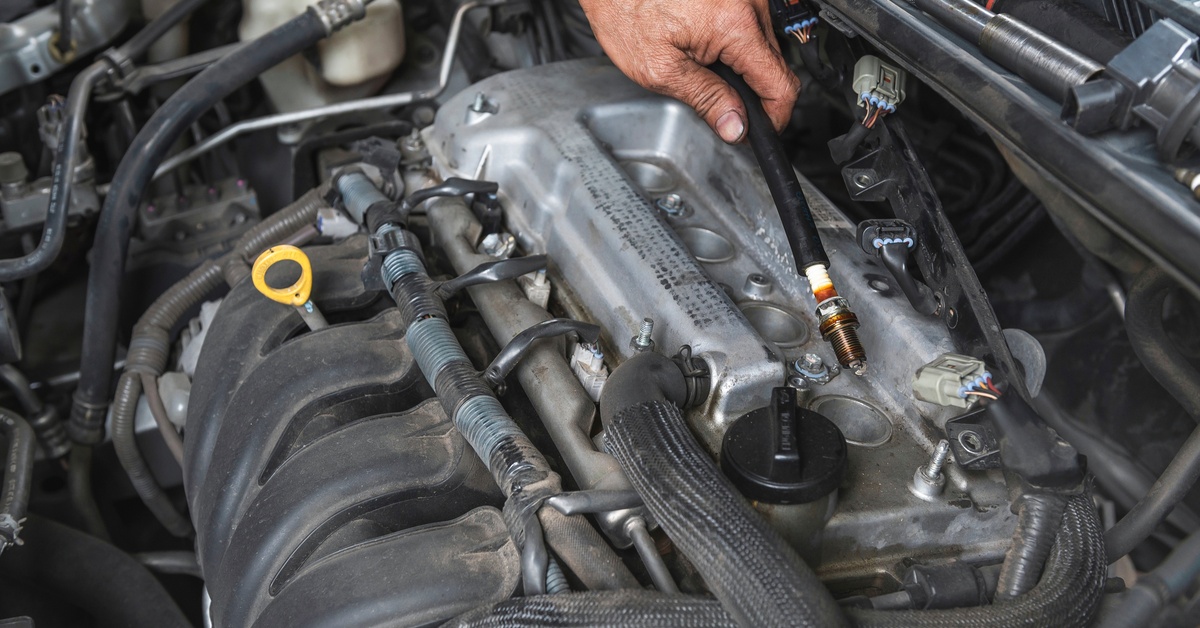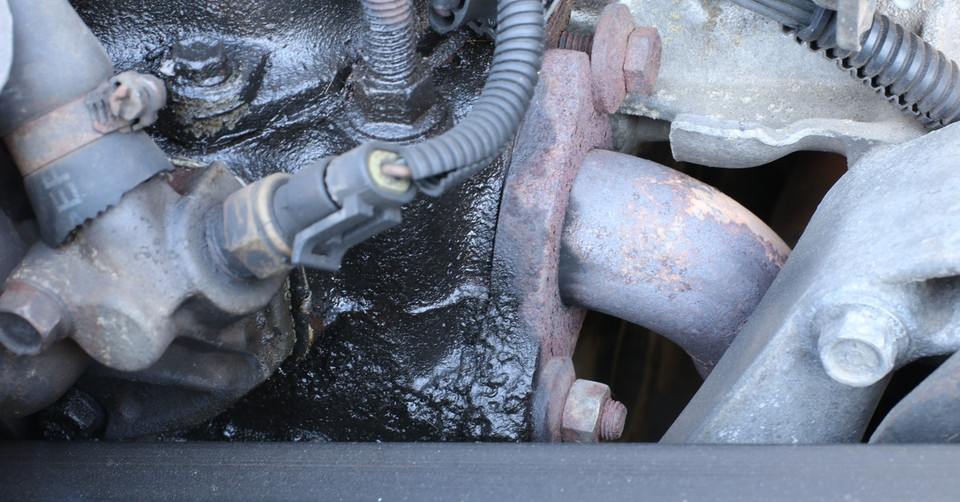As a car owner, you know that maintaining your vehicle is crucial to its performance, longevity, and safety. A head gasket leak is one of the most common and potentially serious issues car owners face. This problem can lead to engine damage, decreased efficiency, and costly repairs if not addressed quickly.
Knowing the different things that can cause a head gasket leak helps protect your vehicle from any issues. Being a responsible car owner means taking preventative measures against head gasket leaks, which requires learning about all the things that can cause these annoying, potentially expensive leaks.
Overheating
Overheating is one of the most common reasons for head gasket failure and can result in costly repairs if not addressed promptly. When your engine overheats, the extreme temperatures cause the metal components to expand, which creates excess pressure on the head gasket.
This pressure can weaken, warp, or severely damage the gasket, often leading to leaks that can compromise your engine’s performance. Overheating is usually a symptom of underlying issues in the cooling system, such as a:
- Malfunctioning radiator
- Low coolant level
- Broken water pump
- Stuck thermostat
In some cases, blocked coolant passages can also restrict flow, exacerbating the problem. If you notice your temperature gauge climbing into the red zone, steam coming from under the hood, or a sweet smell of coolant, it’s critical to address the issue immediately.

Engine Misfires
Engine misfires happen when the combustion reaction doesn’t ignite properly in the combustion chamber because of a poor air-fuel mixture. This incomplete combustion can result in sudden bursts of pressure within the engine cylinders, putting extra strain on the head gasket over time.
These unexpected pressure spikes can eventually cause the gasket to fail, leading to leaks and further engine damage. Misfires often stem from common issues such as faulty spark plugs, worn ignition coils, dirty fuel injectors, or problems with the engine timing. Thankfully, regular engine tune-ups, including replacing spark plugs and inspecting the ignition system, can help prevent misfires and protect your head gasket.
Old Age
Like all car parts, head gaskets have a limited lifespan and naturally wear over time. Constant exposure to extreme heat, high pressure, and chemical reactions gradually break down the material of the gasket, making it less effective at sealing the combustion chamber.
As your vehicle accumulates mileage, the likelihood of head gasket leaks increases significantly, especially in older cars that don't get regular maintenance. A worn-out gasket can lead to coolant and oil leaks, overheating, and a loss of engine power. While it’s impossible to avoid wear and tear completely, scheduling regular maintenance and inspections can help identify aging components before they fail.
Corrosion
Corrosion inside the engine is another common culprit behind head gasket leaks. Corrosion occurs when old or contaminated coolant is left in the system for too long, allowing debris and chemical reactions to eat away at the engine’s internal components gradually. As corrosion spreads, it can create tiny cracks, pits, or holes in the head gasket, making it prone to leaks.
Corrosion doesn’t just affect the gasket; it can also damage the engine block, cylinder head, and other metal parts, compounding the problem. Regularly flushing the cooling system and using fresh, high-quality coolant helps prevent this issue by removing contaminants.
Poor Maintenance
Skipping routine maintenance is one of the fastest ways to shorten the lifespan of your head gasket and other engine components. Over time, neglecting essential tasks like oil changes, coolant flushes, and filter replacements allows debris, sludge, and contaminants to build up in the engine.
This accumulation reduces performance and puts extra stress on key parts, including the head gasket. For example, dirty oil can lose its lubricating properties, leading to increased friction and heat, while old coolant may no longer provide adequate cooling. Both scenarios can contribute to gasket failure, but proper maintenance will keep leaks at bay.
Low-Quality Coolant
Not all coolants are equal, and using the wrong type can have serious consequences for your engine and head gasket. Low-quality or incompatible coolants can trigger chemical reactions inside the cooling system, leading to:
- Corrosion
- Sludge buildup
- Degradation of gasket material
These problems can create leaks, overheating, and even engine block damage. Additionally, mixing different types of coolant can reduce their effectiveness, creating a harmful environment for your engine. Instead of using low-quality coolant, use high-quality coolant so you can protect your head gasket and prevent expensive repairs in the future.
Blown Pistons
A blown piston is one of the most serious engine problems, often caused by extreme conditions such as detonation or preignition. When a piston is worn out, it can create excessive heat and pressure within the engine's combustion chamber.
This extreme environment can quickly weaken the head gasket, leading to leaks or complete failure. Symptoms of a blown piston include loud knocking or pinging noises, noticeable loss of engine power, and excessive smoke coming from the exhaust. If you think there’s an issue, have it inspected immediately to prevent further damage.
Incorrect Fuel Mixture
An incorrect fuel mixture, either too lean (not enough fuel) or too rich (too much fuel), can lead to abnormal combustion inside the engine. A lean mixture can cause combustion temperatures to be higher than usual, while a rich mixture can leave unburned fuel that generates excessive deposits. Regular engine tuning can help prevent these issues while keeping your fuel injectors clean.

Cylinder Head Issues
The cylinder head plays is critical in maintaining the seal between the engine block and the head gasket. If the cylinder head is warped, cracked, or damaged, it can compromise the integrity of the gasket's seal. This compromised integrity can result in coolant or oil leaks, loss of compression, or even mixing of fluids, which can severely damage the engine. Try to address these cylinder head problems immediately to prevent further damage and extend the life of the head gasket.
Defective Gasket Material
Although rare, defective head gaskets can cause problems even if all other engine components are in good condition. A defective gasket might degrade prematurely, leading to leaks or loss of compression. When replacing a head gasket, it’s crucial to choose a high-quality part made from durable materials, and buy them from a reputable supplier to ensure reliable performance over time.
A head gasket leak is a problem that every car owner wants to avoid, and when you understand the things that can cause the leaks, you can take preventative steps to protect your engine and avoid expensive repairs. Staying proactive and using quality parts will save time, money, and stress in the long run!
If your 4Runner has a leak and you need some Toyota 4Runner restoration parts to get it back in working order, look no further than Yota Shop! We specialize in high-quality Toyota parts and can make maintaining your vehicle’s head gasket and engine simple and affordable!

